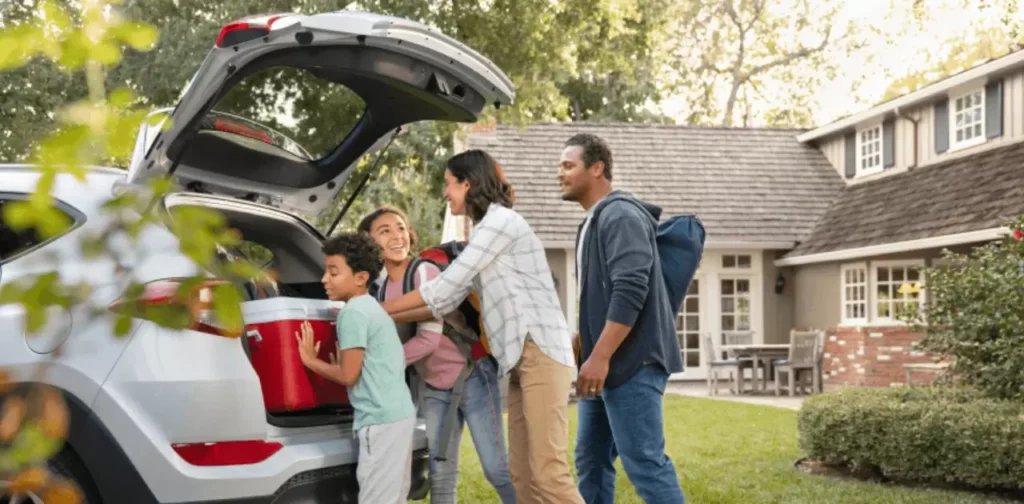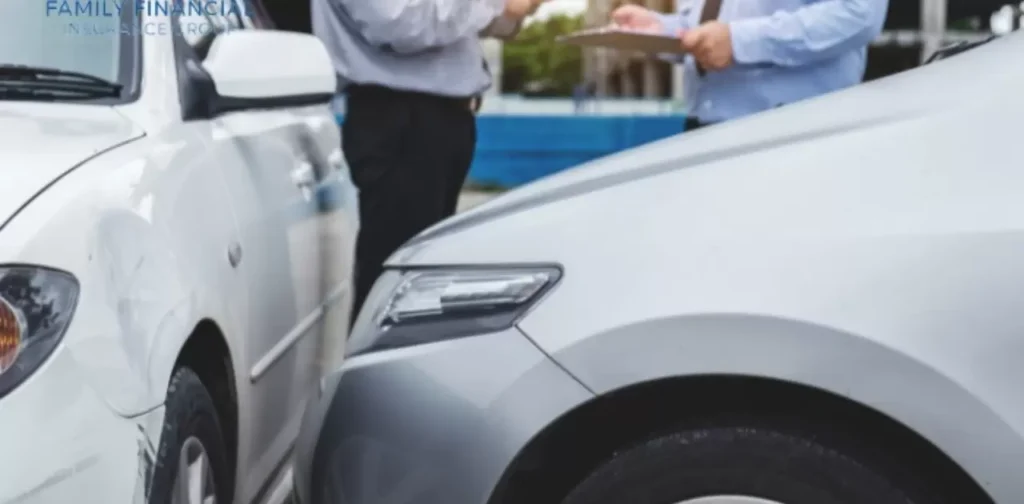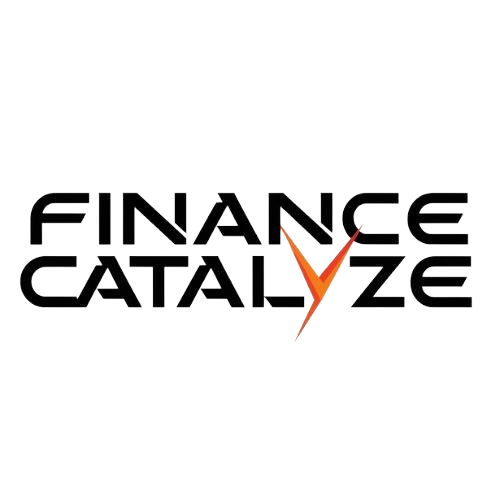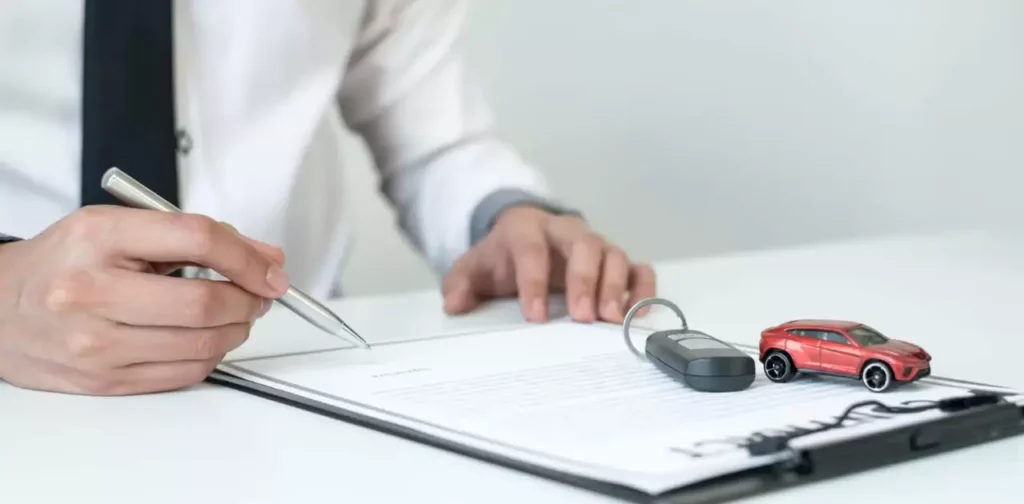When it comes to financing a car understanding insurance requirements is crucial. Do You Need Full Coverage on a Financed Car? explores this question in detail.
Many lenders mandate full coverage insurance to protect their investment. This coverage ensures that if the car is damaged or stolen the lender is compensated. Without it you might face consequences like repossession or costly forced insurance policies.
Exploring insurance options thoroughly is vital. Understanding what full coverage entails and how it benefits both you and the lender can help you make informed decisions about protecting your financed vehicle.
What Is Full Coverage Auto Insurance?
Full coverage auto insurance provides comprehensive protection for your vehicle. It consists of several key components. First, there is comprehensive coverage which safeguards against non-accidental damages and theft.
Then there is collision coverage which kicks in regardless of fault in an accident. Liability insurance the minimum required by most states covers damages you cause to others.Having full coverage ensures you are financially protected in various scenarios.
It is a fender bender or a stolen car you are covered with. It is essential to understand the components of full coverage to ensure you have adequate protection for your vehicle and your peace of mind.
See what you can save on car insurance.

See what you can save on car insurance by exploring different options and discounts available to you. Start by comparing quotes from multiple insurance providers to find the best rates.
Look for discounts such as bundling policies or maintaining a clean driving record to lower your premiums.Adjusting your coverage levels and deductible can also impact your monthly payments.
Consider your needs and budget when making these decisions. With a bit of research and effort, you can find ways to save on car insurance while still ensuring you have adequate coverage.
Readmore this: How Many Jobs Are Available In Finance Consumer Services
Your Options Once You Pay Off Your Financed Car
Once you pay off your financed car, you have more insurance options. You no longer need to meet the lender’s coverage requirements. This allows you to adjust your coverage levels to suit your needs and budget better.
Consider whether to keep full coverage or switch to minimum liability. Evaluate factors like your car’s value and your financial situation. Adjusting your deductible can also help manage your insurance costs.
Do I Need Full Coverage on a Financed Car?
If you have a financed car full coverage is typically required by the lender. This insurance protects both you and the lender if the car is damaged or stolen. Without full coverage you risk financial loss and possible repossession of your vehicle.
Full coverage includes comprehensive, collision and liability insurance. It ensures that repair or replacement costs are covered in various situations. Meeting your lender’s insurance requirements is essential to avoid penalties and keep your car protected.
What Happens If You Do not Get Full Coverage On A Financed Car?

If you do not get full coverage on a financed car you risk violating your loan agreement. The lender may react by canceling your loan and repossessing the car. This can lead to significant financial and credit problems.
The lender might purchase insurance for you. This insurance is usually more expensive and will be added to your loan balance. Failing to pay this additional cost can also result in repossession.
Driving without full coverage leaves you vulnerable. If your car is damaged or stolen you will have to cover the costs yourself. This can be a major financial burden especially if you still owe money on the loan.
Also read this: Can You Finance A Car Without A License?
Does Auto Insurance Go Down Once a Car Is Paid?
Auto insurance might go down once your car is paid off. Without a lender’s requirements, you can choose less coverage. This can lower your premiums.
You have the option to drop comprehensive and collision coverage.You should consider your car’s value and your financial situation before doing so.
Insurance rates can still vary based on other factors. Your driving record, location and car model will continue to affect your premiums. Shop around to find the best rates.
What Happens If You Get Into An Accident With A Financed Car?
If you get into an accident with a financed car your full coverage insurance will help. Collision coverage will pay for repairs no matter who is at fault. Comprehensive coverage will handle non-accidental damage.
You must report the accident to your insurer and lender. The insurance company will assess the damage and provide compensation. This ensures your car gets repaired and you can continue making payments.
If the car is totaled the insurance payout will go to the lender first. This covers the remaining loan balance. Any leftover amount will be given to you.
How to Get Auto Insurance for a Financed Car?

To get auto insurance for a financed car, start by researching different insurance providers. Compare quotes to find the best rates and coverage options. Make sure the policy meets your lender’s requirements for full coverage.
Next, contact the insurance provider to set up your policy. Provide necessary details like your car’s information and your personal details. Ensure your coverage includes comprehensive collision and liability insurance.
Once your policy is active inform your lender and provide proof of insurance. This ensures you comply with your loan agreement and protects your vehicle.
Frequently Asked Questions
Do I need full coverage on a financed car?
Yes, most lenders require full coverage to protect their investment.
What is full coverage insurance?
Full coverage includes comprehensive, collision, and liability insurance.
Can I drop full coverage once my car is paid off?
Yes, but consider your car’s value and financial situation before doing so.
How can I lower my auto insurance premiums?
Compare quotes, adjust coverage levels, and look for discounts.
What happens if I do not have full coverage on a financed car?
The lender might repossess the car or buy costly insurance on your behalf.
Does auto insurance go down once the car is paid off?
It can, since you can choose less coverage without lender requirements.
What should I do after an accident with a financed car?
Report it to your insurer and lender, and let insurance cover repairs or payout.
Conclusion
Having full coverage on a financed car is essential. It protects both you and the lender from financial loss. Ensuring your policy meets the lender’s requirements keeps you in compliance with your loan agreement.
Once your car is paid off you have more flexibility with your insurance. You can adjust coverage levels to fit your needs and budget.Maintaining adequate coverage is important for your protection.
Understanding your insurance options and requirements helps you make informed decisions. Whether financing or owning outright the right coverage provides peace of mind and financial security.

Haarrii, a seasoned finance expert with 4 years of hands-on experience, brings insightful analysis and expert commentary to our platform. With a keen eye for market trends and a passion for empowering readers, Haarrii delivers actionable insights for financial success.







